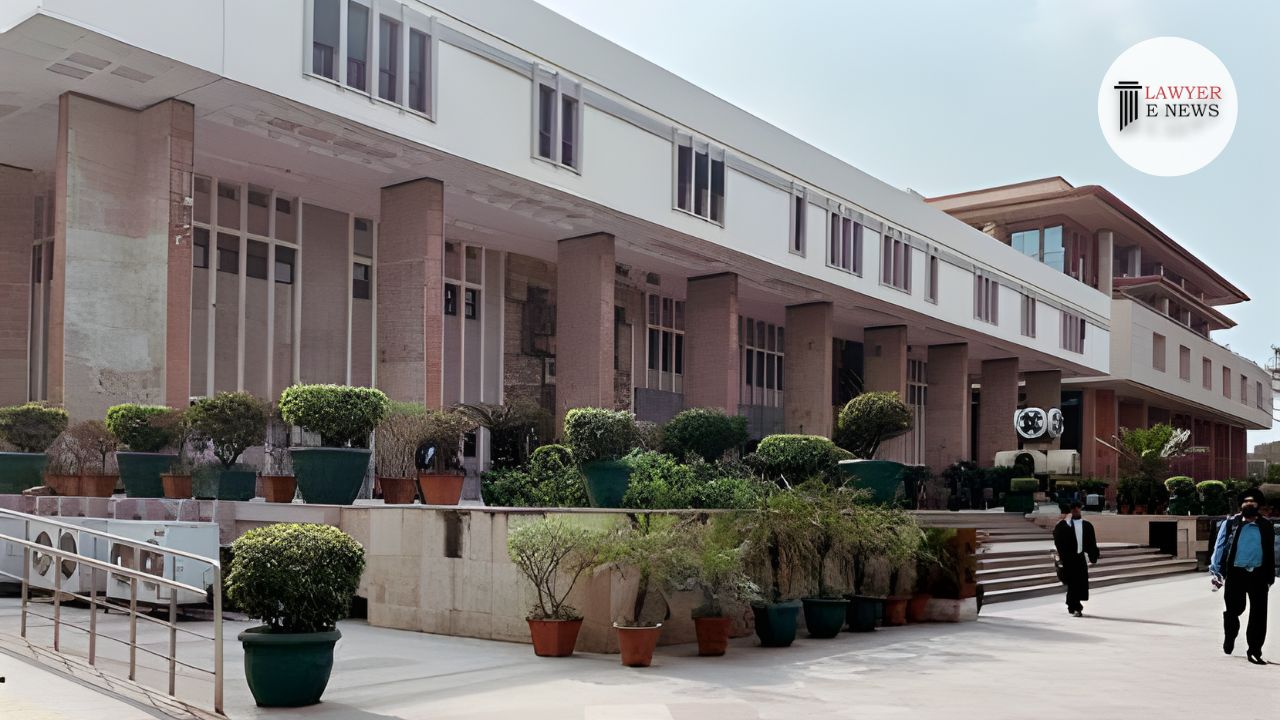-
by Admin
15 February 2026 5:01 PM



In a significant ruling, the Delhi High Court today dismissed a writ petition challenging the normalization process adopted in the Joint Entrance Examination (JEE) Main, affirming the necessity of such procedures in national-level examinations.
Legal Point of the Judgment: The key legal issue centered around the normalization procedure used in calculating the percentile scores for the JEE Main examination. The petitioner, a candidate in the JEE Main 2024, had contested the methodology of result calculation and the declared percentile scores, alleging discrepancies and unfairness in the normalization process.
Facts and Issues: The petitioner appeared for the JEE Main exam on January 27, 2024, and subsequently challenged the result declared on February 12, 2024. The grievance was primarily against the alleged opacity and the supposed unfairness of the normalization procedure used by the National Testing Agency (NTA) for calculating percentile scores across different exam shifts.
Court’s Assessment: The court, presided over by Hon’ble Mr. Justice C. Hari Shankar, meticulously evaluated the arguments. The judge observed that the normalization process is a “detailed statistical process” and recognized it as a necessary tool to balance varying difficulty levels across different exam papers. Justice Shankar noted, “The performance of a candidate has to be assessed vis-à-vis her, or his, peers who have attempted papers of the same difficulty level.” The court found no merit in the petitioner’s claim that the process was either arbitrary or opaque, highlighting that the normalization procedure was clearly outlined in the Information Bulletin of the JEE Examination.
The Court also emphasized the Impracticality of having identical papers for such a large-scale exam and acknowledged the inevitability of some variance in difficulty levels. Moreover, it was pointed out that the petitioner, like all candidates, was aware of this procedure before undertaking the examination.
Decision: The writ petition was dismissed by the court, which held that the normalization procedure adopted by the JEE was neither arbitrary nor unfair, and that it did not result in constitutionally unsustainable outcomes.
Date of Decision: February 27, 2024.
Setu Vinit Goenka vs. National Testing Agency & Anr,
